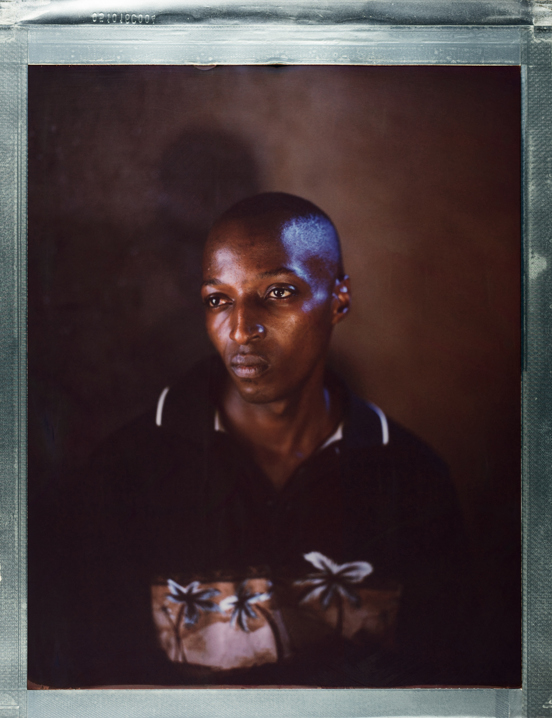Aaron / Democratic Republic of the Congo
“My name is Aaron, from the Democratic Republic of Congo, Nord-Kivu Province. I’m 26 years old. I was born on 1st February, 1992. In a Catholic family. I grew up in a good family and I like my family always. So I went school in Goma. I attended very well my school.
But during my school studies, I discovered I was LGBTI. And I went through very many challenges. Among those challenges, after discovering I was LGBTI, then I had to look for my fellow students who had similar sexual orientation. And we fell in love with each other.
I could be humiliated. I could be segregated. And I could be disliked in school. I could be sometimes being expelled in the school. And my father could know that. And then he could sometimes also segregate me at home. Then after school, I went home, my father had no money to continue my education. Then I had to do part-time job at my home, as well as helping my mother. And then after that, the people in my area, in my community, they knew I was LGBTI. They could also segregate me, isolate me, and sometime they could dislike me and use verbal isolation words against me. But I couldn’t deny that because it was my identity and I liked it.
I continued to be gay, and then I loved myself. But then, this all continued against me. But my father couldn’t me at home, he could also accept what I was, and he could believe in what I was. But more segregation continued against me. At one time, my family could be attacked by police and they could be imprisoned. I could be tortured, I could be beaten sometimes. And then, one time, my family was attacked in the middle of the night. They came at my home. They kicked the front door of our house. They entered, searching for me. I sensed there was danger and I had to slip through the door of the back house of our house, and I ran away to the bush. I don’t know what happened to my family. And I ran into Uganda. I ran from Uganda to Kenya.
Right now I’m here as a refugee, and I’m living in Kakuma refugee camp. That’s the end of my story. My name is Aaron, Kakuma refugee camp, UNHCR.”





THank you For sharing, aaron. I hope you feel safe and find a home that you can BE receive the respect YOu deserve. Stay strong.